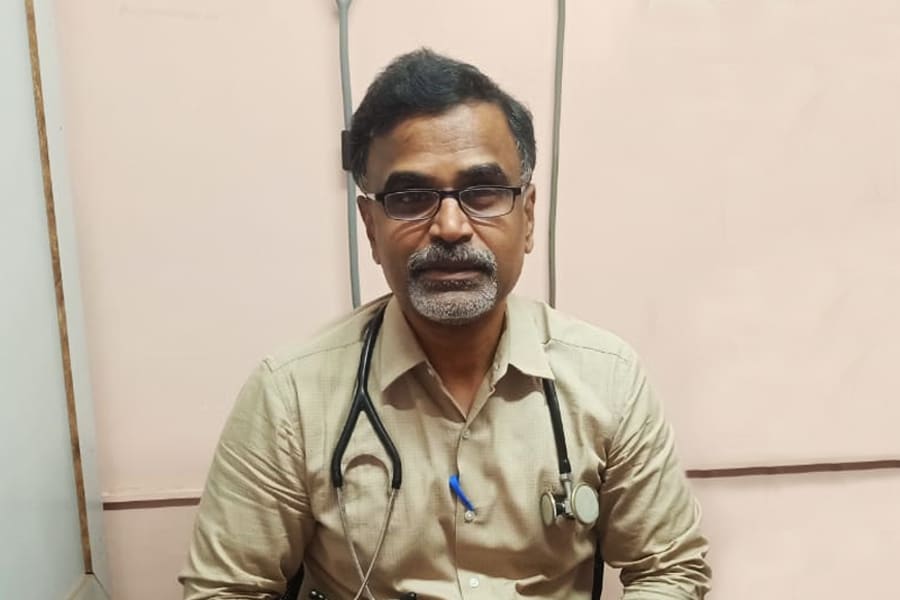
Opinion: 10 Things I wish I knew before my transplant
Dr. Sri Ramulu, MD, DM Nephrologist, Velammal Medical College and Hospital, Madurai
 A kidney transplant is a surgery to place a healthy kidney from a living or deceased donor into a person whose kidneys no longer function properly. Their main function is to filter and remove waste, minerals, and fluid from the blood by producing urine.
A kidney transplant is a surgery to place a healthy kidney from a living or deceased donor into a person whose kidneys no longer function properly. Their main function is to filter and remove waste, minerals, and fluid from the blood by producing urine.
When kidneys lose this filtering ability, harmful levels of fluid and waste accumulate in the body, which can raise blood pressure and result in kidney failure (end-stage renal disease). End-stage renal disease occurs when the kidneys have lost about 90% of their ability to function normally. End-stage renal disease occurs when the kidneys have lost about 90% of their ability to function normally.
When your kidneys fail, treatment is needed to replace the work your own kidneys can no longer do. There are two types of treatment for kidney failure: dialysis or transplant. For many people whose kidneys have failed, a kidney transplant can offer more freedom and a better quality of life than dialysis. When you get a kidney transplant, a healthy kidney is placed inside your body to do the work your own kidneys can no longer do. The healthy kidney can come from someone has died and chosen to donate, called a deceased donor, or from someone who has two healthy kidneys and chooses to donate one, called a living donor. A successful kidney transplant may allow you to live longer and to live the kind of life you were living before you got kidney disease.
10 Things I Wish I Had Known Before My Transplant are Mentioned Below:
1. You need a team of doctors on your side. Most kidney transplant recipients have a nephrologist who monitors their kidney health. My nephrologist likes to see me every three or four months, even after 10 years. But you should also have other specialists on your healthcare team, including a dermatologist, a dentist, and a general practitioner.
2. You may have to pre-medicate before visiting the dentist. Speaking of dentists, because I have a transplant and take immunosuppressant (anti-rejection) medications, I am at an increased risk for developing infections, including those in my mouth. Dental cleaning is generally recommended every six months for transplant recipients.




